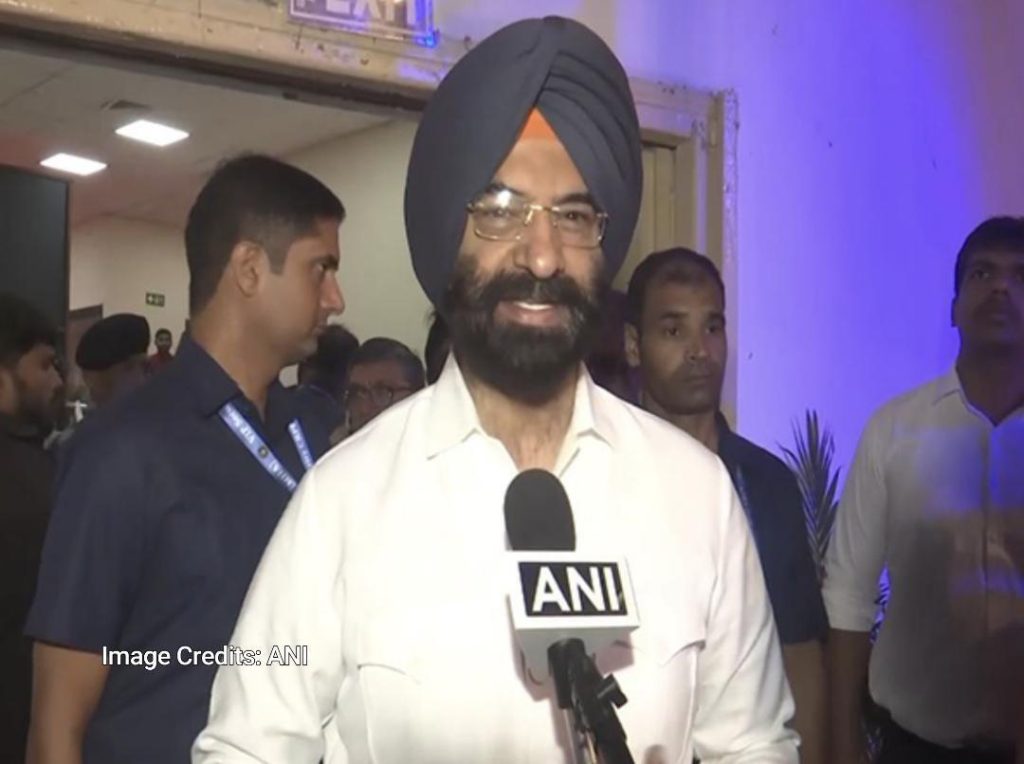
When AAP Ruled, Their Only Task Was to Cry & Complain: BJP’s Sirsa
The Delhi politics has always been a hotbed of controversy and criticism. With the advent of the Aam Aadmi Party (AAP) in the political scenario, the capital city has seen a new wave of political polarization. Amidst this backdrop, Manjinder Singh Sirsa, a senior leader of the Bharatiya Janata Party (BJP), has sparked a fresh controversy by criticizing the previous AAP-led Delhi government. In a scathing attack, Sirsa accused the party of persistently “crying and complaining” both when they were in power and in opposition.
The remark came after Delhi Chief Minister Rekha Gupta completed 100 days in office. Sirsa’s statement was aimed at highlighting the differences between the AAP’s governance style and the BJP’s approach. According to Sirsa, the AAP’s sole focus was on shedding tears and making excuses, rather than delivering results.
“For the first time in 27 years, we’ve a government that delivers results, not excuses,” Sirsa said in an interview. His words are a clear indication of the BJP’s confidence in their own governance model and a swipe at the AAP’s perceived lack of progress during their tenure.
The AAP’s tenure in Delhi, which lasted from 2013 to 2017, was marked by several controversies and criticisms. The party, led by Arvind Kejriwal, was accused of being ineffective in addressing the city’s pressing issues, including law and order, education, and healthcare. Despite their promises to revolutionize the city’s governance, the AAP’s performance was often marred by infighting, corruption allegations, and bureaucratic hurdles.
Sirsa’s criticism of the AAP’s governance style is not unfounded. During their tenure, the party was often accused of being more interested in theatrics and publicity stunts than actual governance. The AAP’s leaders, including Kejriwal, were known for their dramatic performances, from their signature “dharnas” (sit-ins) to their public outbursts against the Centre.
However, Sirsa’s remarks have also been criticized by AAP leaders, who see them as an attempt to deflect attention from the BJP’s own governance failures. The AAP has repeatedly accused the BJP of being insensitive to the needs of the common man and of prioritizing their own interests over those of the people.
The BJP, on the other hand, has been accused of being more concerned with maintaining power and suppressing dissent than with genuinely serving the people. Under the BJP’s regime, Delhi has seen a surge in cases of police brutality, political polarization, and economic inequality.
It is against this backdrop that Sirsa’s criticism of the AAP’s governance style takes on greater significance. While the BJP leader may have overstated his case, his remarks do highlight the AAP’s perceived lack of progress during their tenure. At the same time, Sirsa’s remarks also distract from the BJP’s own governance failures and the pressing issues facing the city.
In conclusion, Sirsa’s criticism of the AAP’s governance style is a reflection of the deep-seated political polarization in Delhi. While the AAP may have been guilty of “crying and complaining” during their tenure, the BJP’s own record is far from spotless. As the city grapples with the challenges of governance, it is essential that both parties focus on delivering results rather than engaging in petty politics.






